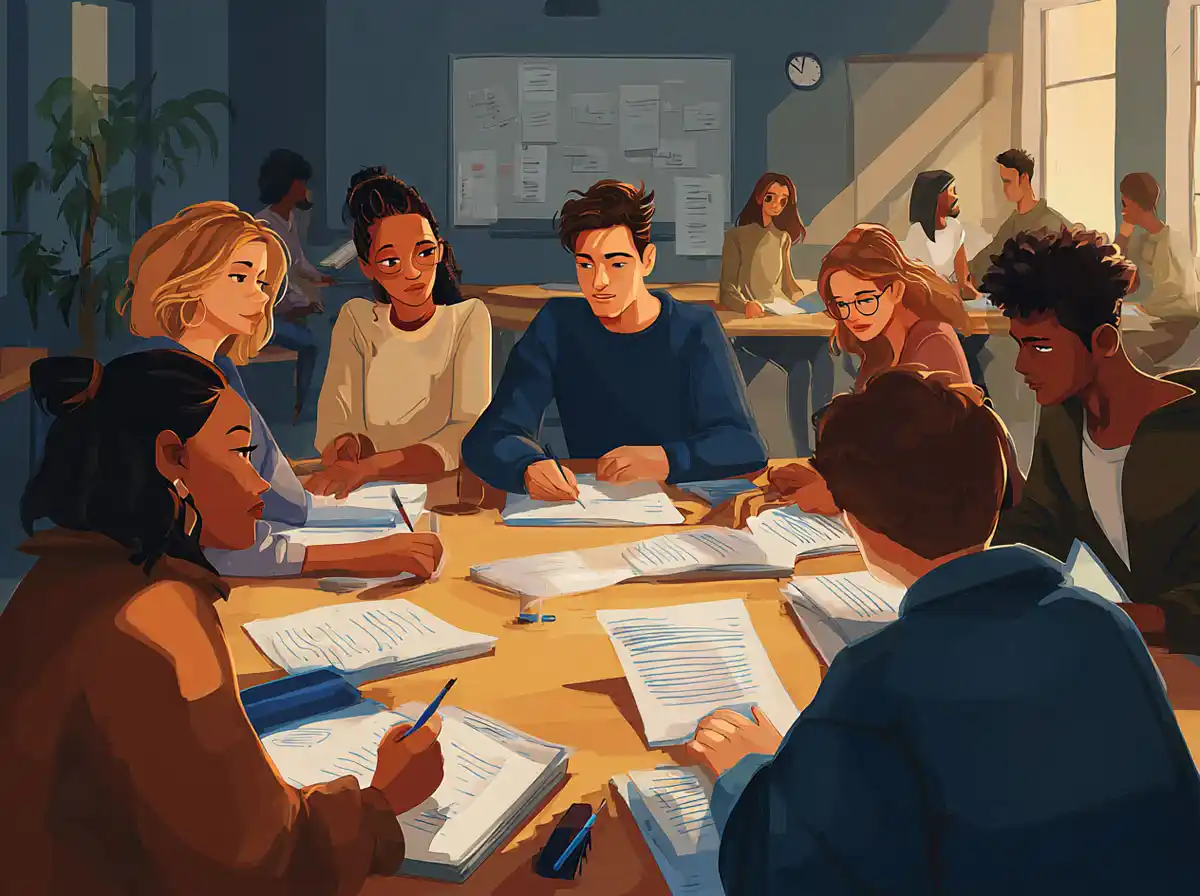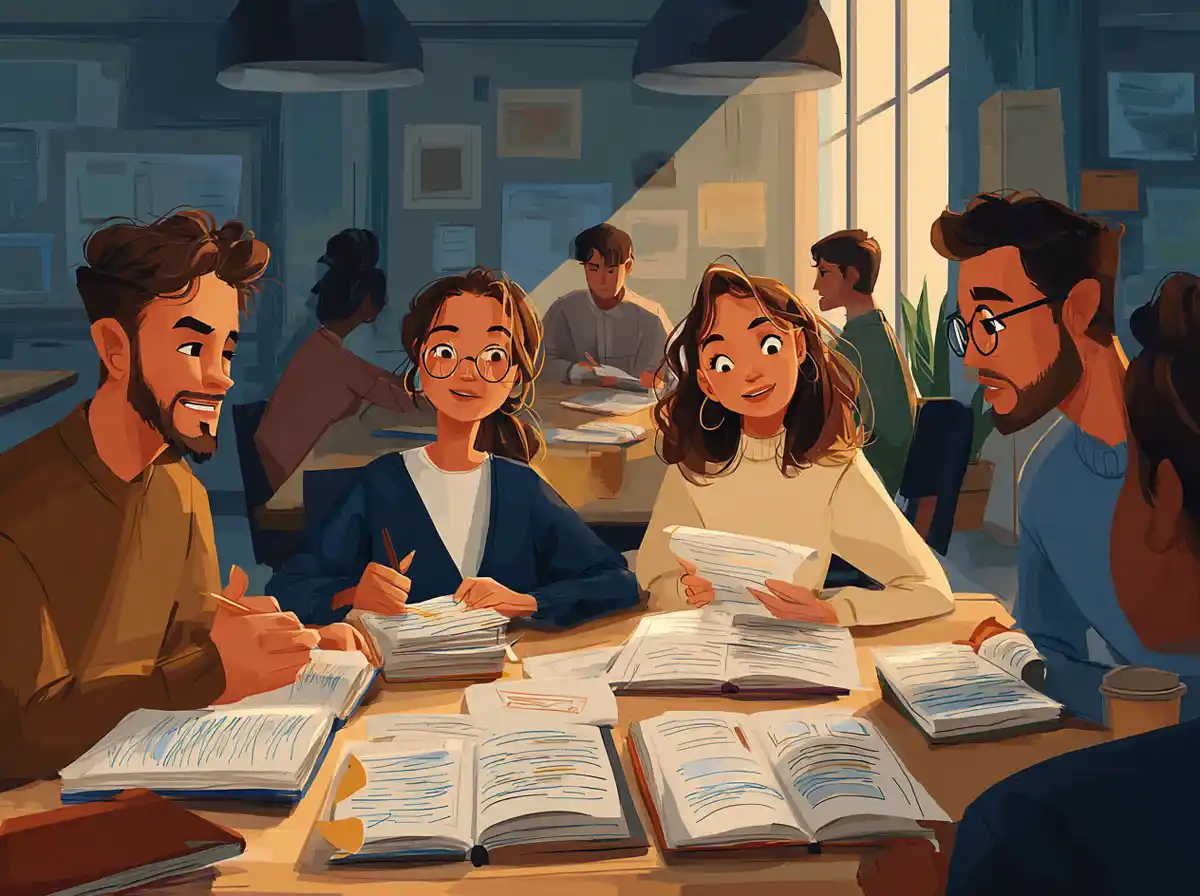Icelandic vocabulary offers a fascinating glimpse into the history, environment, and mindset of Iceland and its people. As a North Germanic language that has changed little since medieval times, Icelandic maintains strong ties to ancient Norse roots as well as its own poetic and literary traditions. Its vocabulary reflects a unique blend of heritage, nature, and modern life. Words for landscapes, weather, family, and everyday objects often have deep-seated meanings, shaped by Iceland’s dramatic scenery and tight-knit society.
Linguistically, Icelandic is known for its commitment to maintaining native terms, often creating new words from Old Norse elements rather than borrowing from other languages. This careful preservation gives learners insight into both the structure and creativity of the language. Icelandic vocabulary is also rich with idioms, regional expressions, and descriptive compounds, making it both precise and evocative.
This page features a series of blogs that help learners explore Icelandic vocabulary in detail. Themed word lists, cultural notes, and practical examples support a deeper understanding of usage and context. Each blog not only introduces vocabulary but also explains its relevance in Icelandic life, literature, and conversation. Whether you are just starting out or aiming to master Icelandic, you will find detailed information and valuable guidance here for achieving fluency and cultural connection.
The most efficient way to learn a language
Try Talkpal for free









Talkpal is an AI-powered language tutor. It’s the most efficient way to learn a language. Chat about an unlimited amount of interesting topics either by writing or speaking while receiving messages with realistic voice.


Talkpal, Inc., 2810 N Church St, Wilmington, Delaware 19802, US
© 2026 All Rights Reserved.